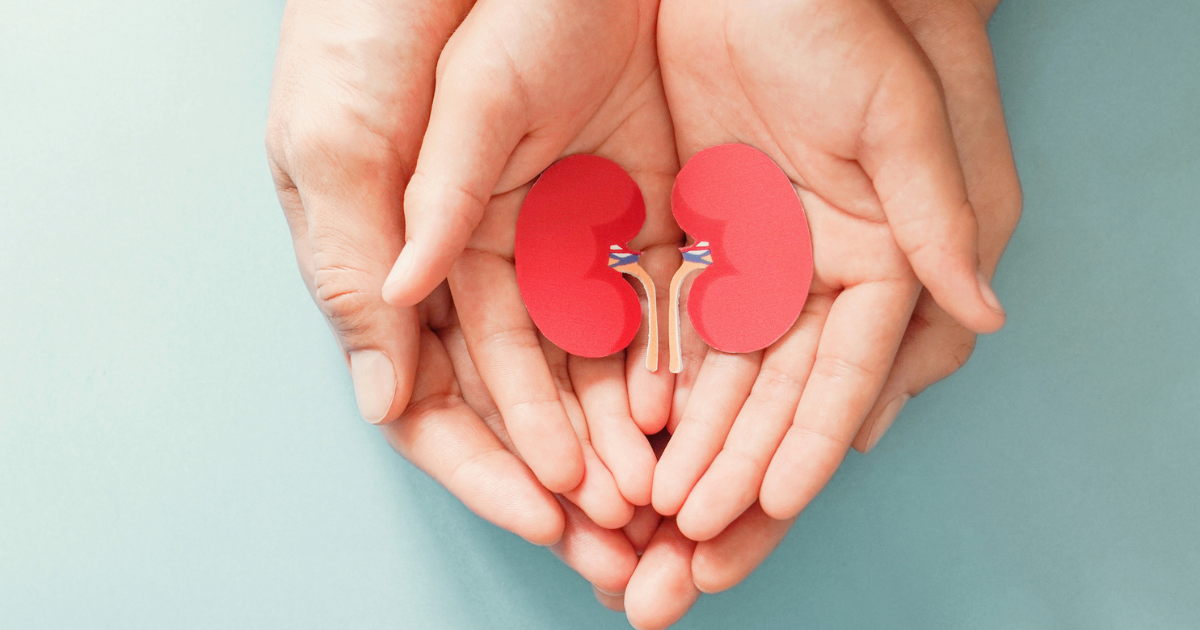7 myths about living organ donation

Becoming a living organ donor is selfless act that can help a recipient get an organ transplant faster. Most living donors donate one of their kidneys or a part of their liver.
As a living donor, you can:
- Shorten a recipient’s wait time for a life-saving transplant.
- Provide a recipient with a carefully screened and compatible organ, leading to improved long-term outcomes.
- Experience a sense of purpose in making a significant contribution to someone’s life.
However, despite its life-changing potential, there are several myths surrounding living organ donation. Here, we debunk some of these misconceptions.
Myth 1: Living donation is dangerous
While no surgical procedure is entirely risk-free, living organ donation is safe when performed in a transplant center with living donation experience. Rigorous evaluations are conducted to ensure the donor is in good health and can withstand the procedure. Donors receive comprehensive medical support and follow-up care to ensure their wellbeing.
Myth 2: A living donor’s quality of life is reduced
While a living donor does face a temporary recovery period, studies have shown that living organ donors can expect to maintain a comparable quality of life to non-donors.
Myth 3: It is expensive to become a living donor
In most cases, the recipient's insurance covers the medical expenses associated with living organ donation. This includes pre-operative evaluations, surgery and post-operative care. Additionally, many organizations offer financial assistance to living organ donors, helping to alleviate any potential financial burden. If you are interested in becoming a living donor, a living donor coordinator can help connect you to resources. Call 402.559.5000 for more information.
Myth 4: Living donors are more likely to experience health complications later in life
Extensive research has shown that living organ donation does not significantly increase the risk of long-term health problems. The thorough evaluation process ensures that potential donors are healthy enough to donate without compromising their own well-being.
Myth 5: I must know the recipient I am donating an organ to
Although most living donors are relatives or friends of the recipient, this is not a requirement. Individuals can be evaluated as altruistic or anonymous living donors to match with anyone in need, based on body size and blood type. Additionally, a donor can donate their kidney to another recipient in exchange for a compatible kidney for their friend or relative. This is known as paired kidney exchange.
Myth 6: I can’t donate an organ if it’s not a match for the recipient
If someone wants to become a living organ donor but is not a match for their family member or friend in need, they can pursue paired donation. This option matches incompatible donor-recipients with other pairs to create compatible matches with others in the same situation.
Myth 7: I can’t be a living donor if I have high blood pressure or other health conditions
Each case is assessed individually, and factors such as overall health, disease management and potential risks are thoroughly evaluated before determining eligibility. Some health conditions may prevent you from becoming a donor, as they may harm a transplant recipient.







